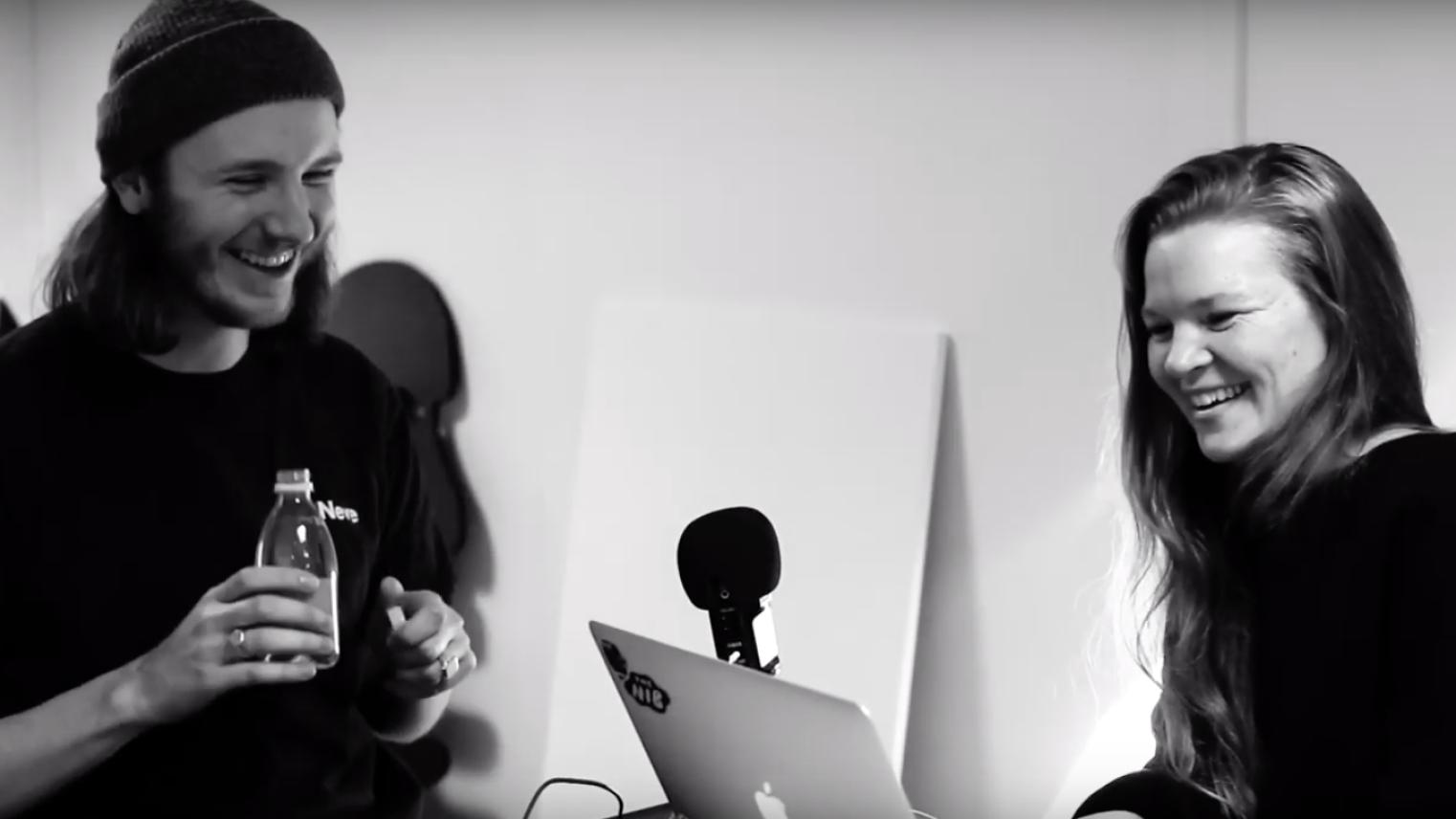Reverberations: CHL PhD Graduate Making Stories With Sound

Unless you’re coming into research with creative professions under your belt, it can be challenging to find the time and opportunities to train in creative mediums and include them in your work.
“Support from Arts ACT is the sole reason I was able to build the knowledge, tools, and catalogue to develop a career as a creative with audio skills, while doing my PhD. It's time to share that education.” says CHL PhD graduate Rosanna Southerton (nee Stevens).
Joining CHL’s PhD program as a writer, Rosanna found herself balancing studies with learning how to make audio work.
“It just started as me recording interviews for research. I had a really simple mic. But I kept finding myself as a writer, in situations where I’d think “Well, I have a mic. I have a basic free editing program. And I can imagine a sound-world, or a resource I wish existed” so I’d go and make it.” she explains. “Then people started to ask me to make work for them.”
During her thesis, Rosanna recorded, edited and produced podcasts and audiodocumentaries for comedy writers in New York City (Lenapehoking), artists in Aarhus, and scholars in Sydney (Darug Country).
Rosanna’s PhD, supervised by Associate Prof Shameem Black, Prof Katerina Teaiwa, Prof Christopher Sainsbury and Associate Prof Lucy Neave, focused on the ethical considerations for settlers telling stories that try to represent First Nations peoples, Country and concerns. Now she is a Visiting Fellow here at CHL. She's also settler co-covenor of the First Nations-led Fenner Decolonising Research and Teaching Circle at ANU, and convening editor of the Circle’s website, Decoloyarns.
“Books, music, and narratives changed my life as young person. So I’ve grown up with a real fixation on building immersive, educational, and genuinely compelling stories with people who want to bring different skills and standpoints to a project. I've trained in improv and humour writing driven by this passion.”
“My PhD allowed me to reflect on what it means to conduct myself as a settler creative, with a genuine interest in centring Indigenous rights, land back, and self-determination. Understanding myself through Indigenous expertise has totally refined my creative professionalism in a way that traditional western creative educations, in my experience, really struggle to.”
While her dissertation didn’t include any audio work, immediately after submitting her thesis, Rosanna gathered up her mics and flew to Aotearoa with Indigenous-owned and run business Youth-Led Services, as part of her fair-exchange ethics agreements in her PhD program.
“The founders of Youth-Led Services supported my PhD as cultural authorities. The team heard some of my work interviewing gender-marginalised comedy writers for a show I created. Rather than remunerate the team for Indigenous cultural expertise, YLS asked if I’d bring what I’d learnt in my PhD to my audio practice and document the first run of their incredible Cross-Oceans Cross-Cultures program.”
Under Indigenous direction, Rosanna recorded over 30 hours of audio – from interviews, yarns, and korero, to group excursions, lessons, and everyday sounds. Now, she is developing an audiodocumentary and a library of audio archives for the communities involved in the program.
“It has felt like coming to life in a new way, to develop this audiodocumentary for Youth-Led Services and the communities connected to this project at Te Karae and on Darug nura.“
“As a Visiting Fellow at CHL, what I’d really love to do now is honour the support ArtsACT have given me in the past and the incredible education I received through CAP. I’m keen to share the knowledge of audio craft with the ANU community who want to tell your own story, or create stories with peers in self-determined ways.”
On Monday October 13, Rosanna’s returning to CHL to share the skills she’s learnt, so that researchers and your communities can tell your own stories in your way, as part of the research process. Register for this golden opportunity here.